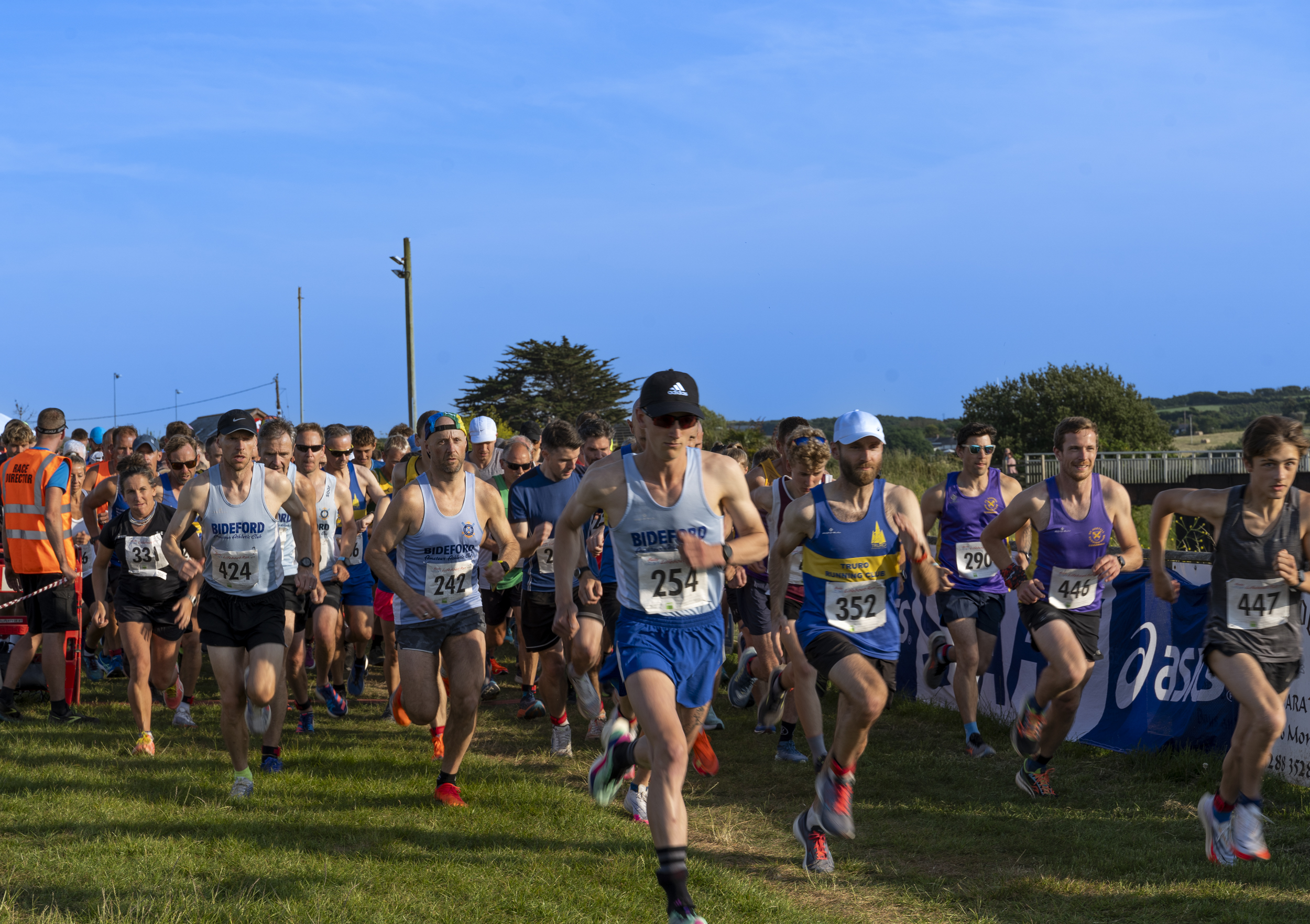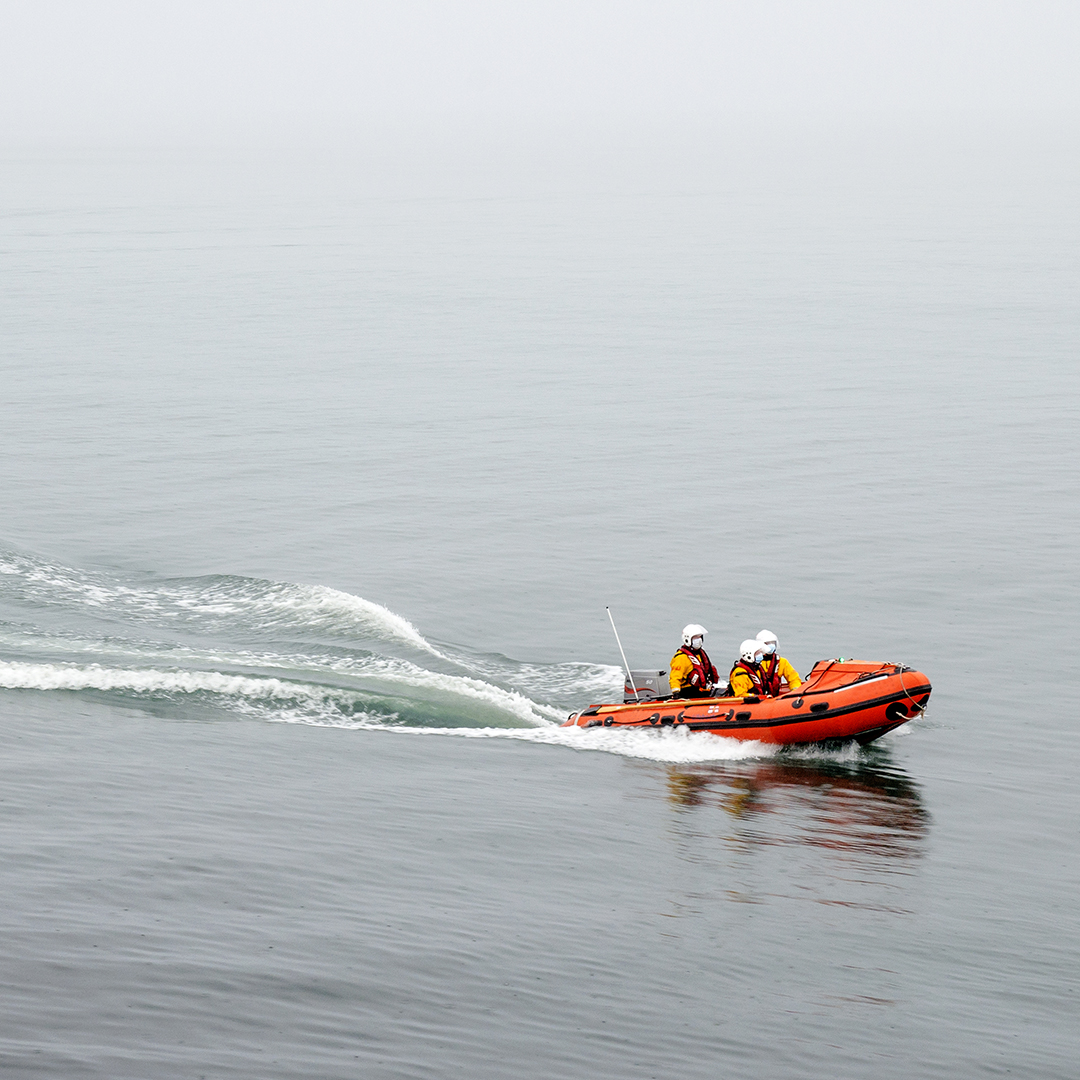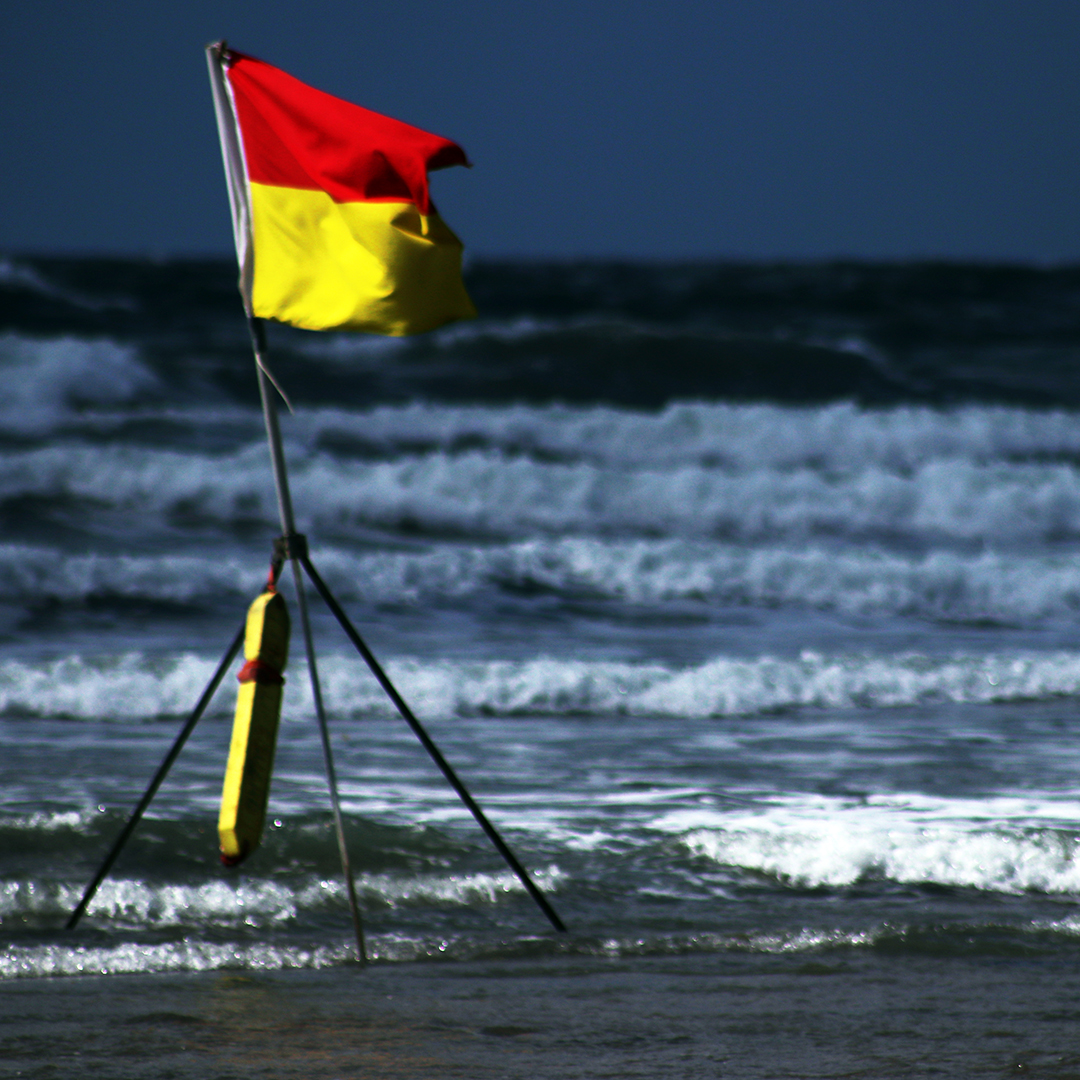Our UK manufacturing facility is situated on the North Cornish coast in the town of Bude, where the community relies on the charity to keep friends and family safe. One of the many fundraisers that take place is the Bude Lifeboat run, organised by the Bude RATs (run and tri club), and this year is the 14th staging of the much loved event!

This year’s event will be held on Wednesday the 12th of June and we will once again be the main sponsors. The entry limit for the Senior run has been increased from 450 to 500 with a goal of raising a record amount for the RNLI to celebrate their 200-year anniversary! Our bott trailer will be at the race to store competitor’s belongings and we will be presenting awards to the category winners on the day.

The charity has come a long way from using wooden boats with oars, and lifejackets made from cork; they now rely on state-of-the-art lifeboats built to withstand the elements, as well as lifeboat stations across the UK & Ireland from which to launch from.

1824- Sir William Hillary’s vision for a service dedicated to saving lives at sea became a reality!
1890- The first steam-driven lifeboat went into service and the RNLI’s three hydraulic steam-driven lifeboats were in service for over 40 years saving 570 lives.
1930- The first fast motor powered lifeboat arrived at the newly reopened Dover Lifeboat Station.
1969- Elizabeth Hostved became the first woman qualified to command an inshore lifeboat.
1982- Twice as fast as the motor lifeboats, the first fast slipway boat; ‘The Tyne Class Lifeboat’ was launched.
2004- The home of RNLI training known as ‘The Lifeboat College’ was opened by Her Majesty the Queen.
2013- The Shannon class lifeboat brings a new era of lifesaving to the RNLI.
2024- A historic milestone- 200 years since Sir William Hillary founded the RNLI
There are over 5,700 volunteer crew members and over 4,000 volunteer shore crew at 238 lifeboat stations around the UK and Ireland. They all rely on training, kit, rescue equipment, lifeboats and lifeboat stations to save lives at sea.
Thousands of community volunteers support lifeboat crews and lifeguards including water safety, youth education, fundraising, shop and heritage volunteers. The public's money helps lifeguards prevent accidents before they happen and respond instantly when they do.
